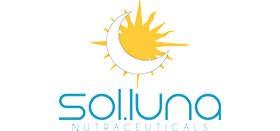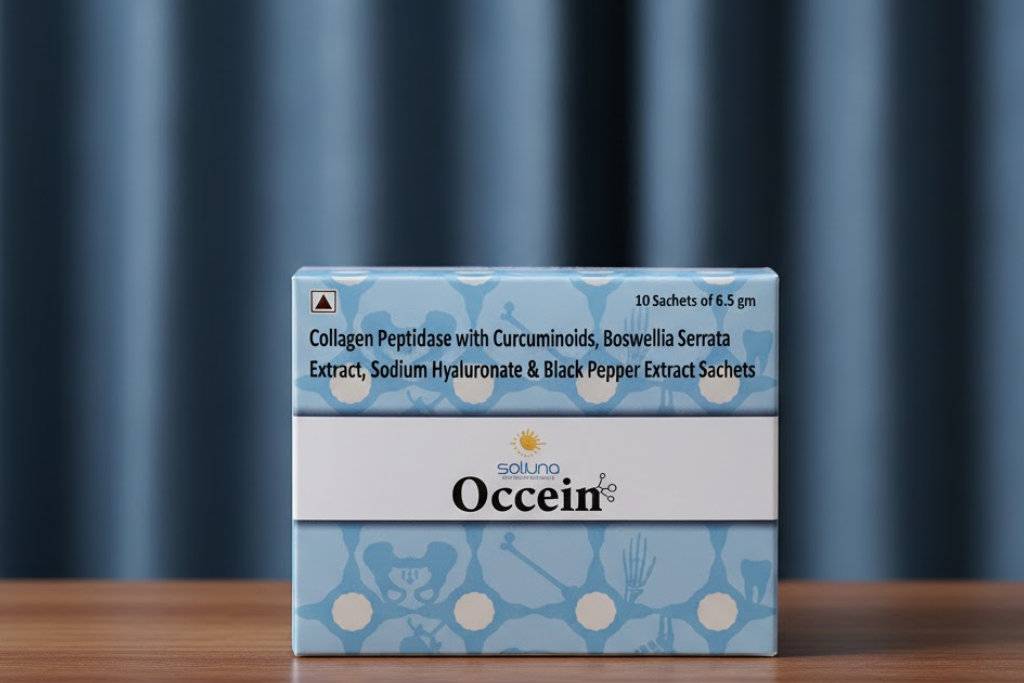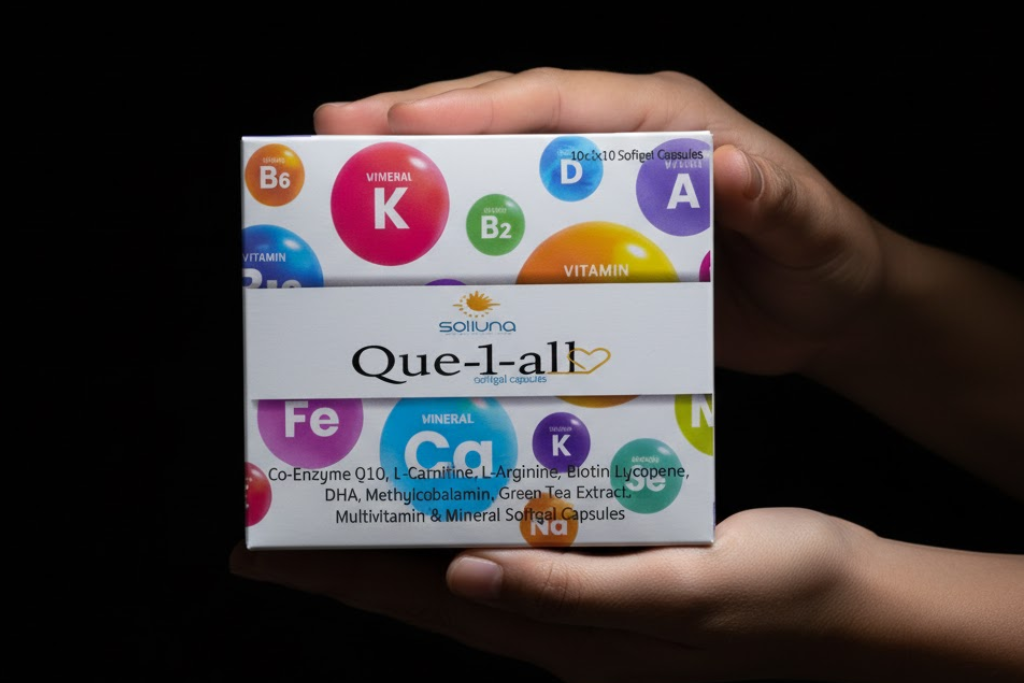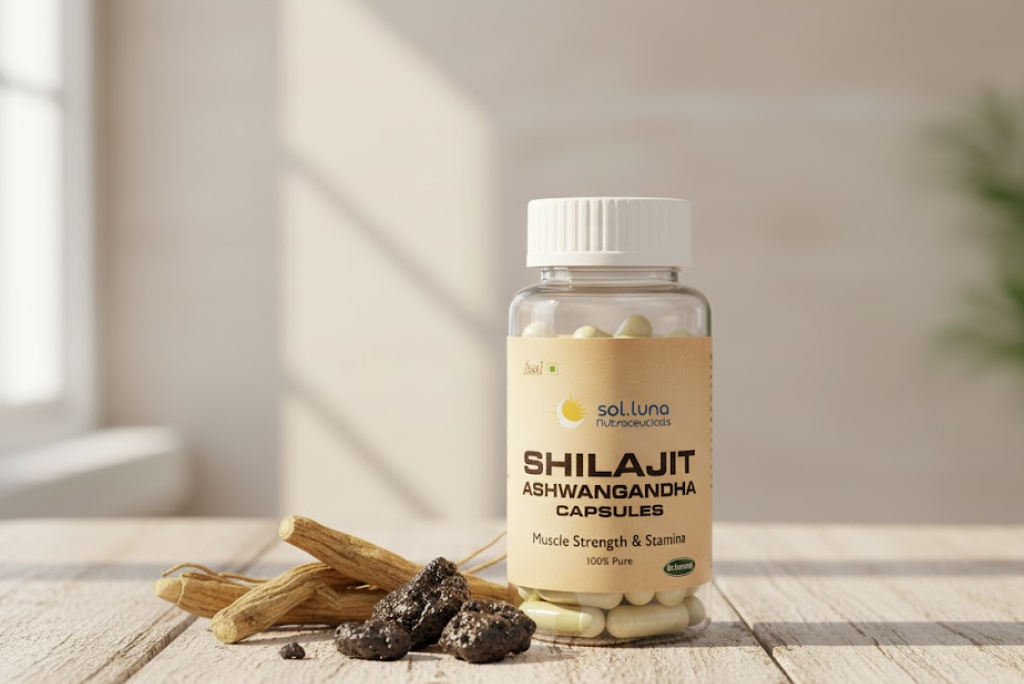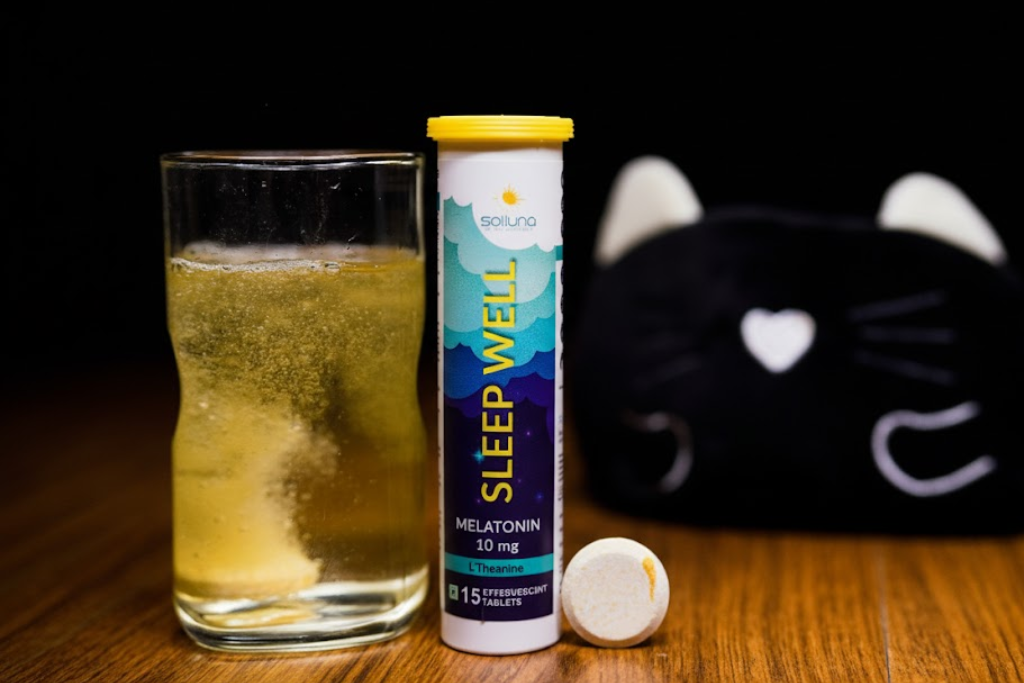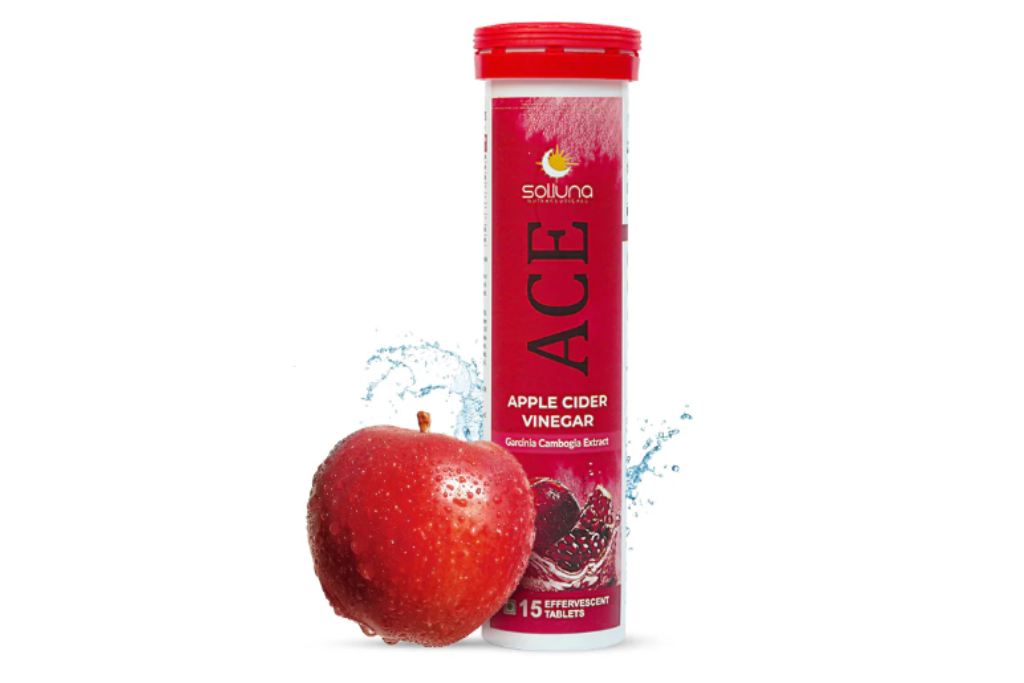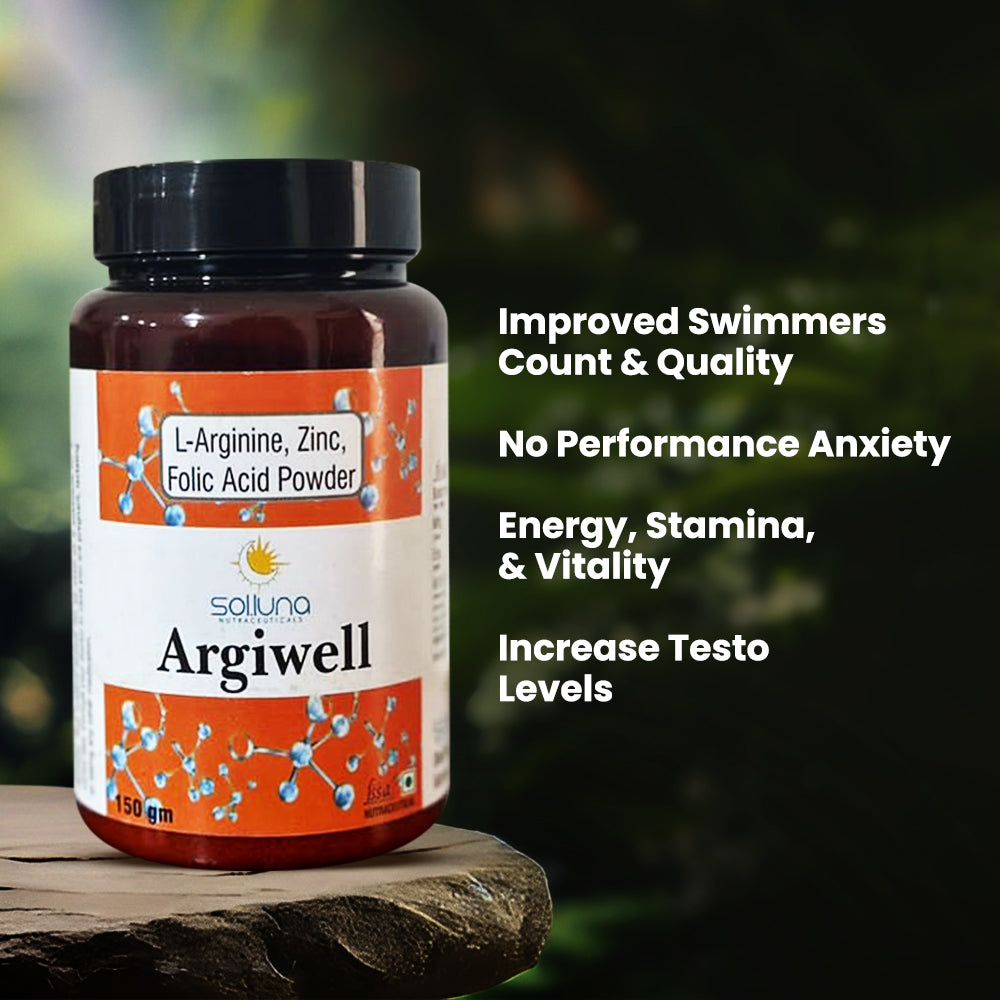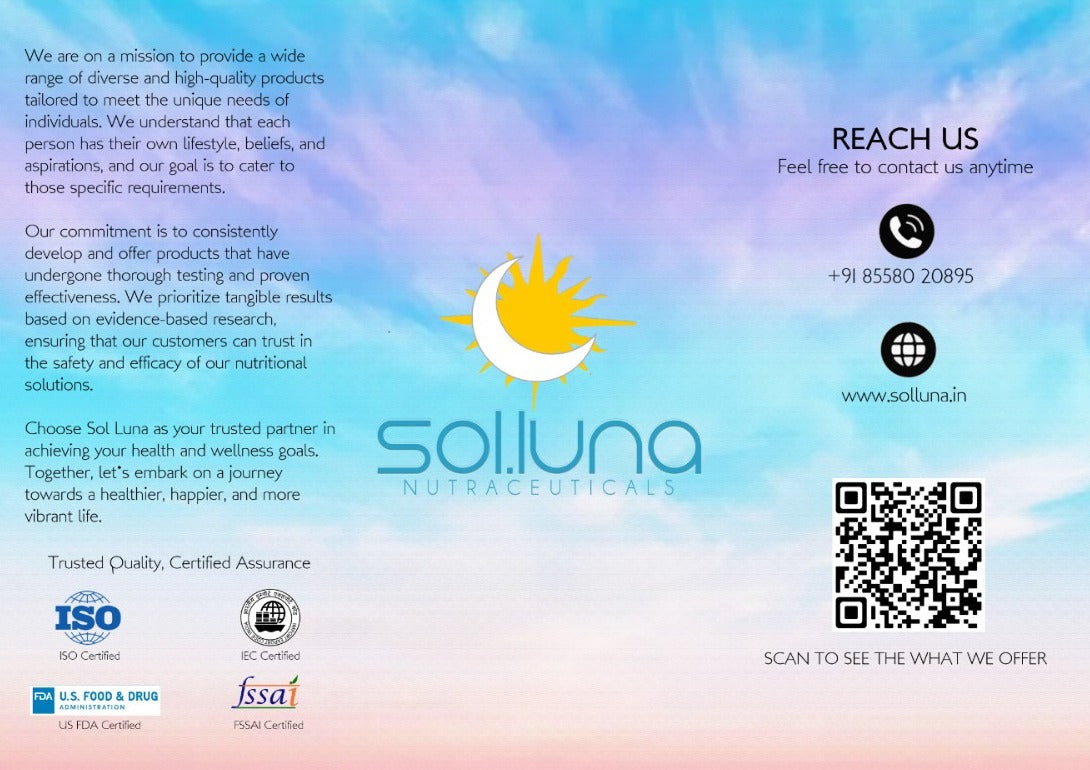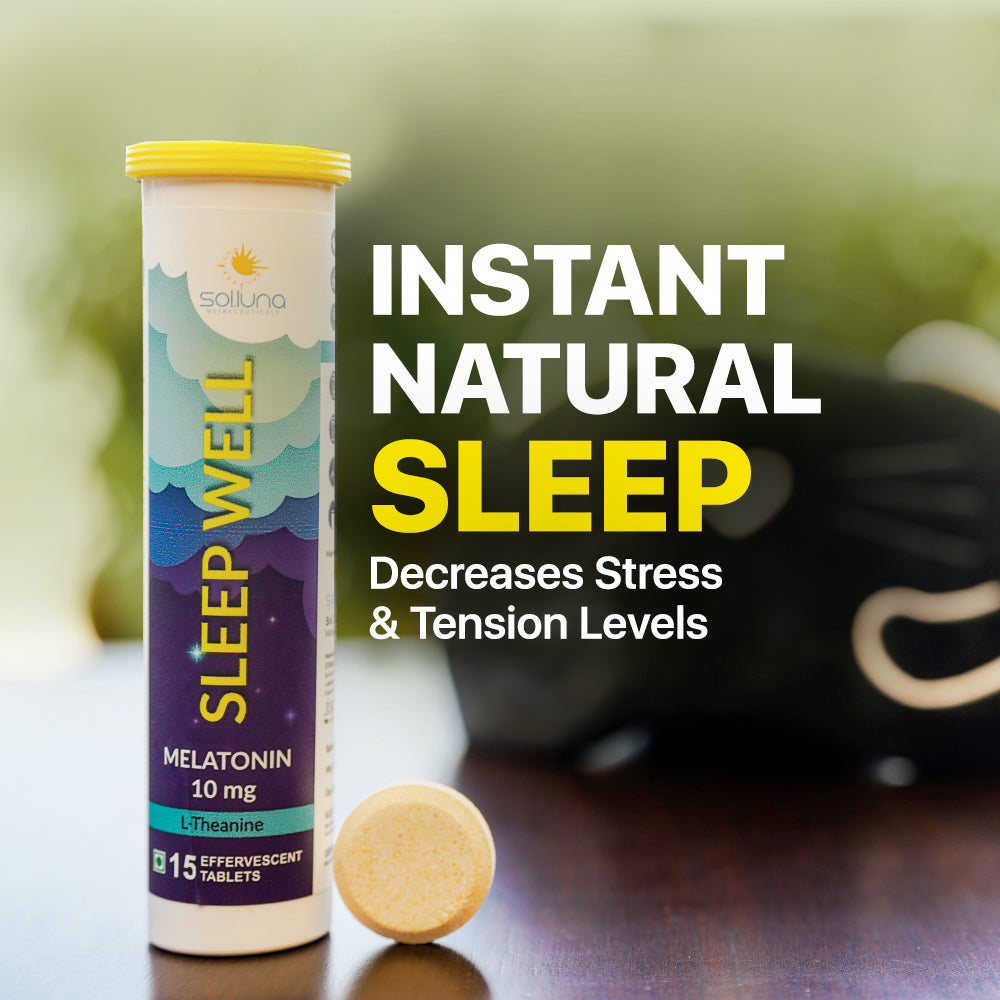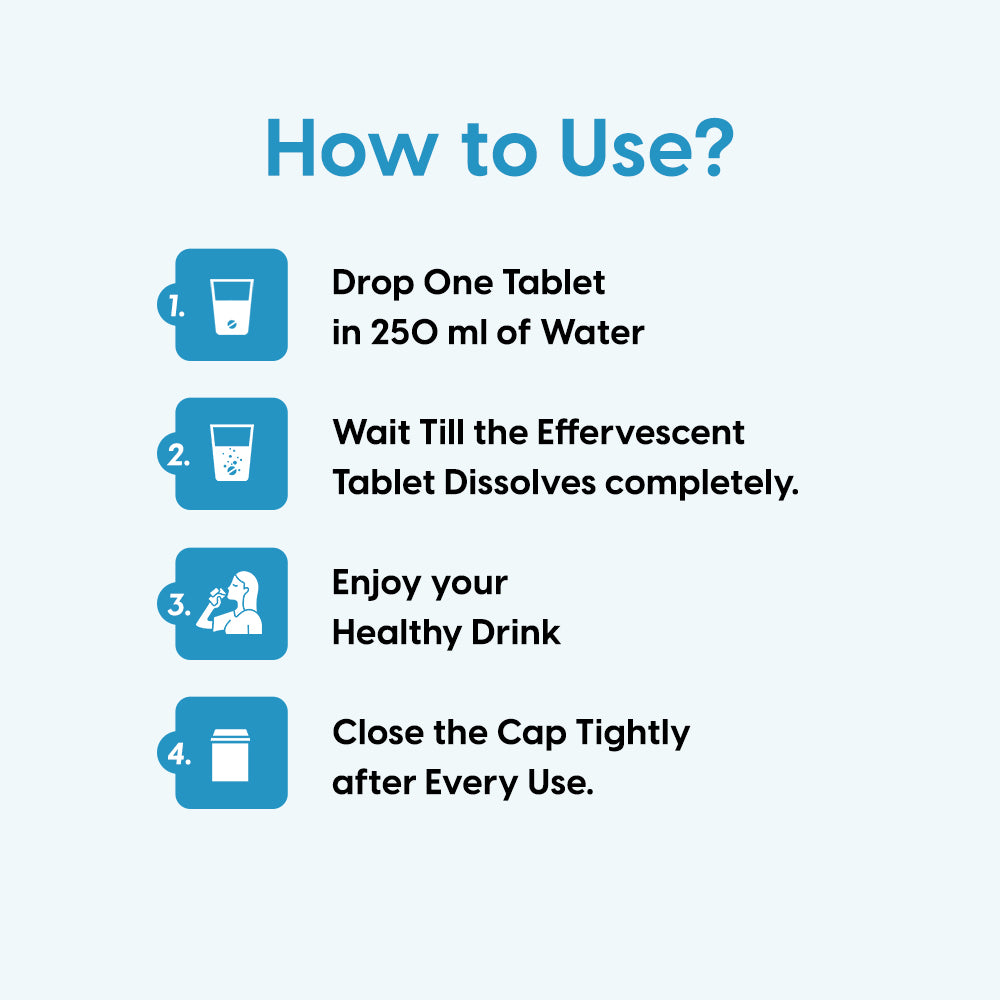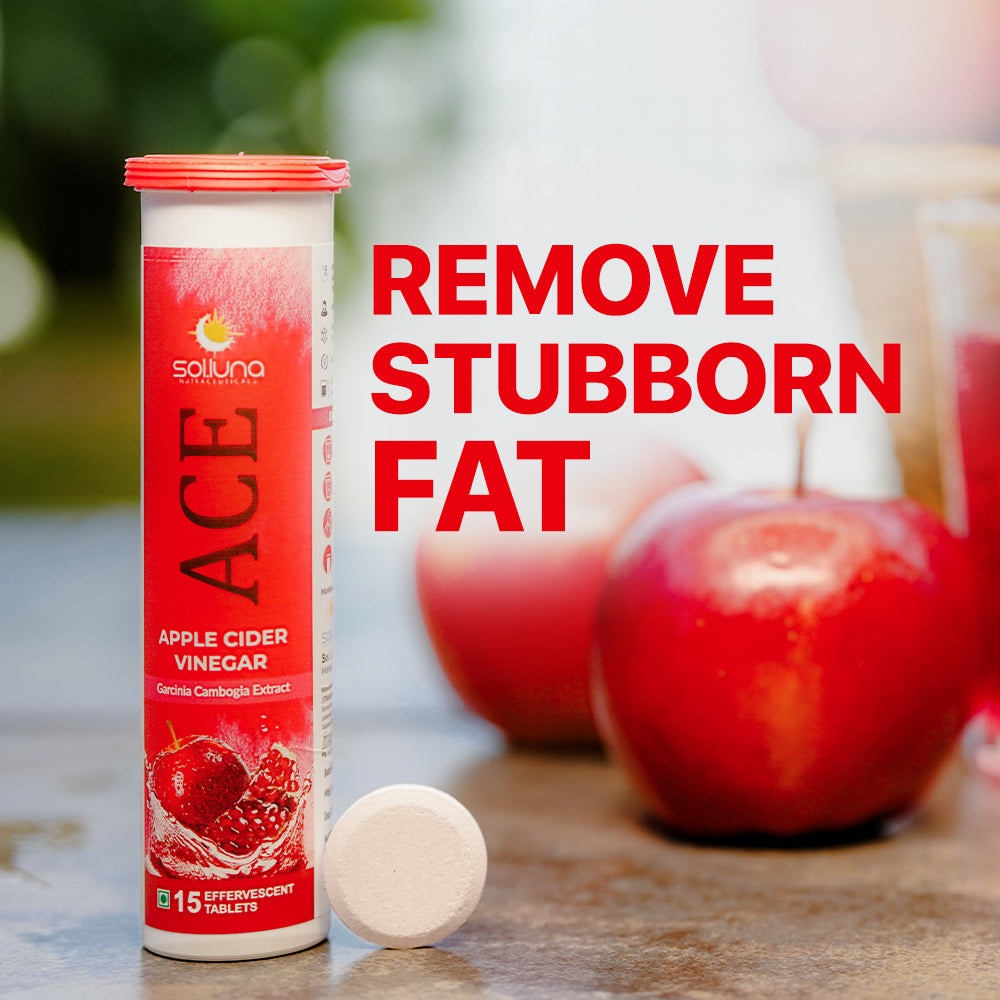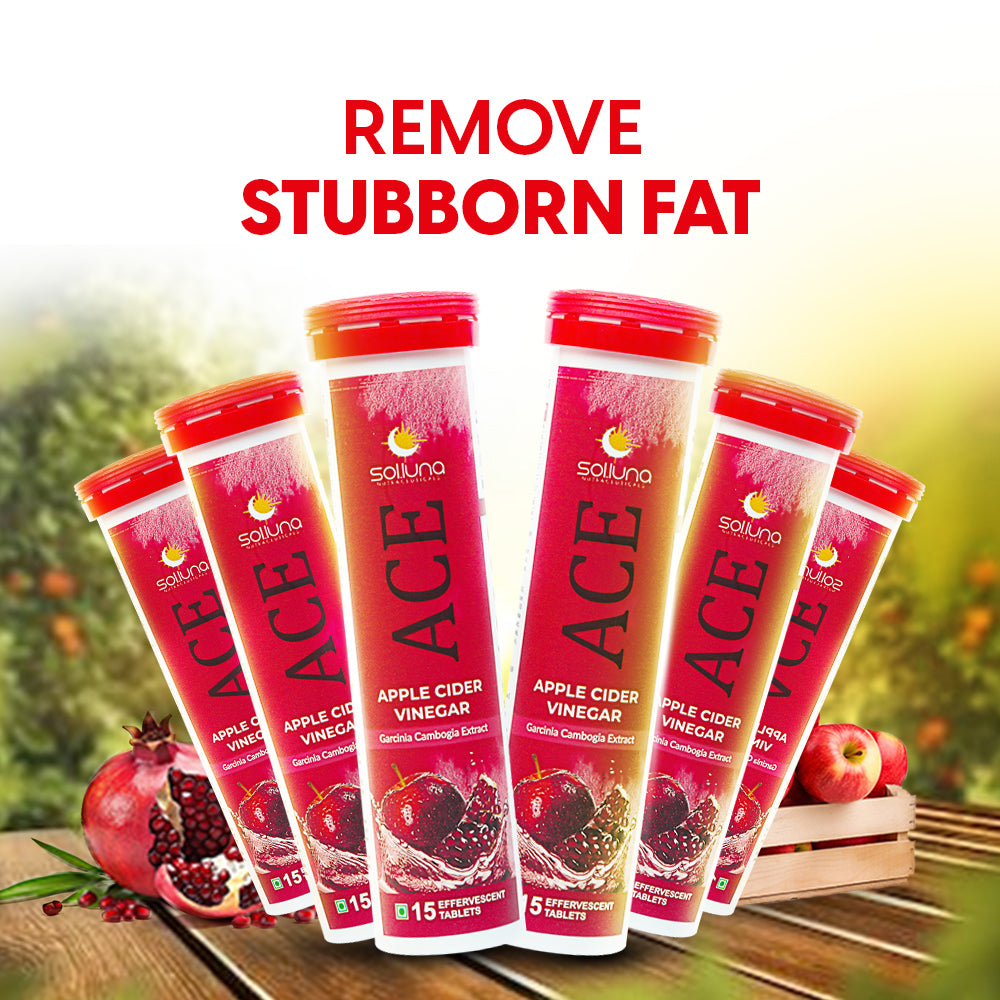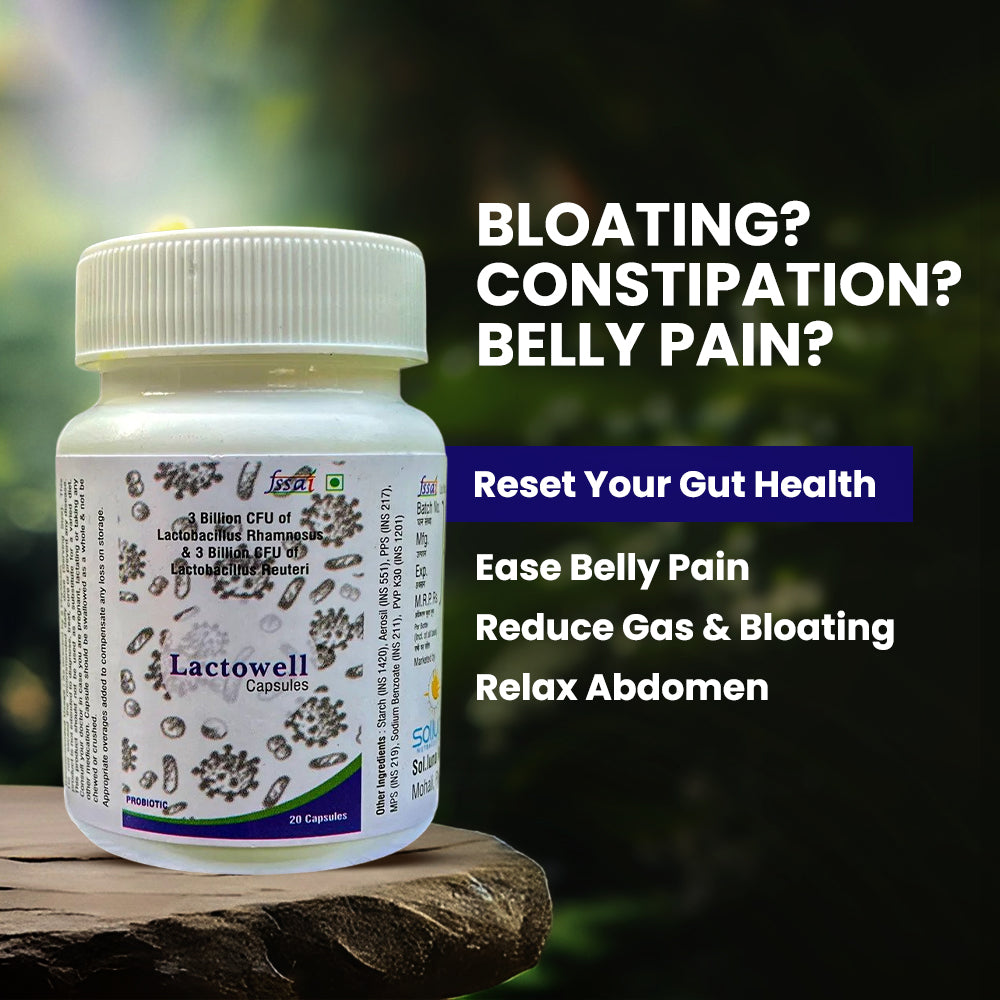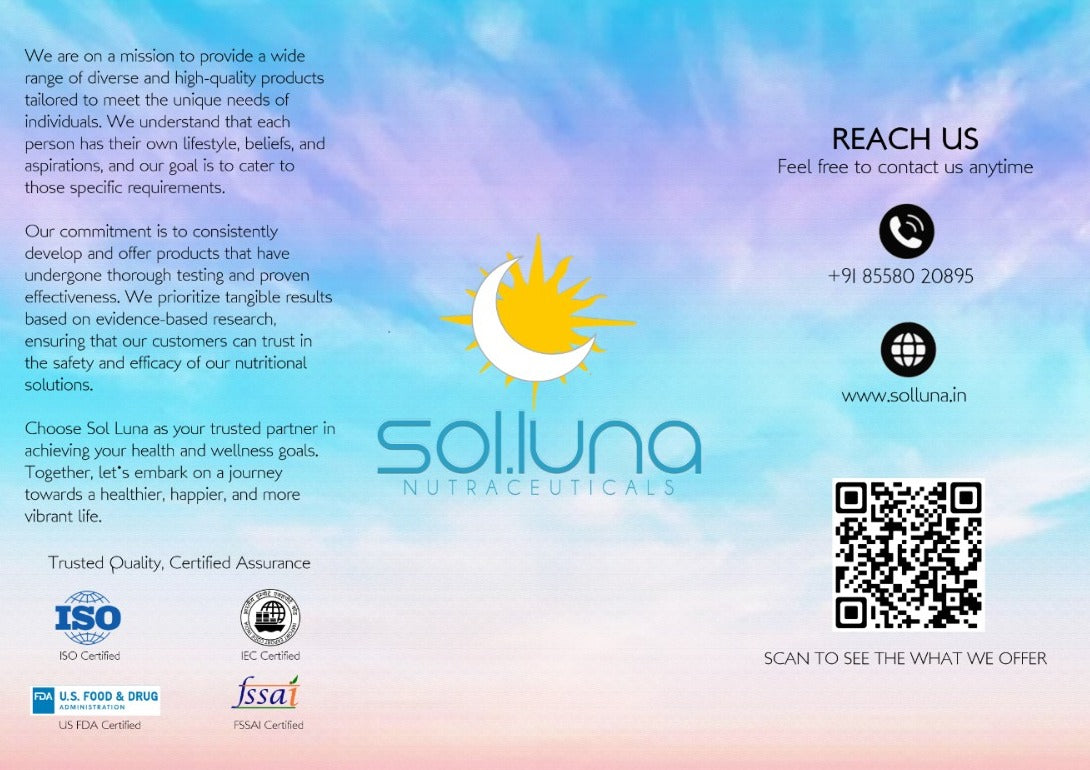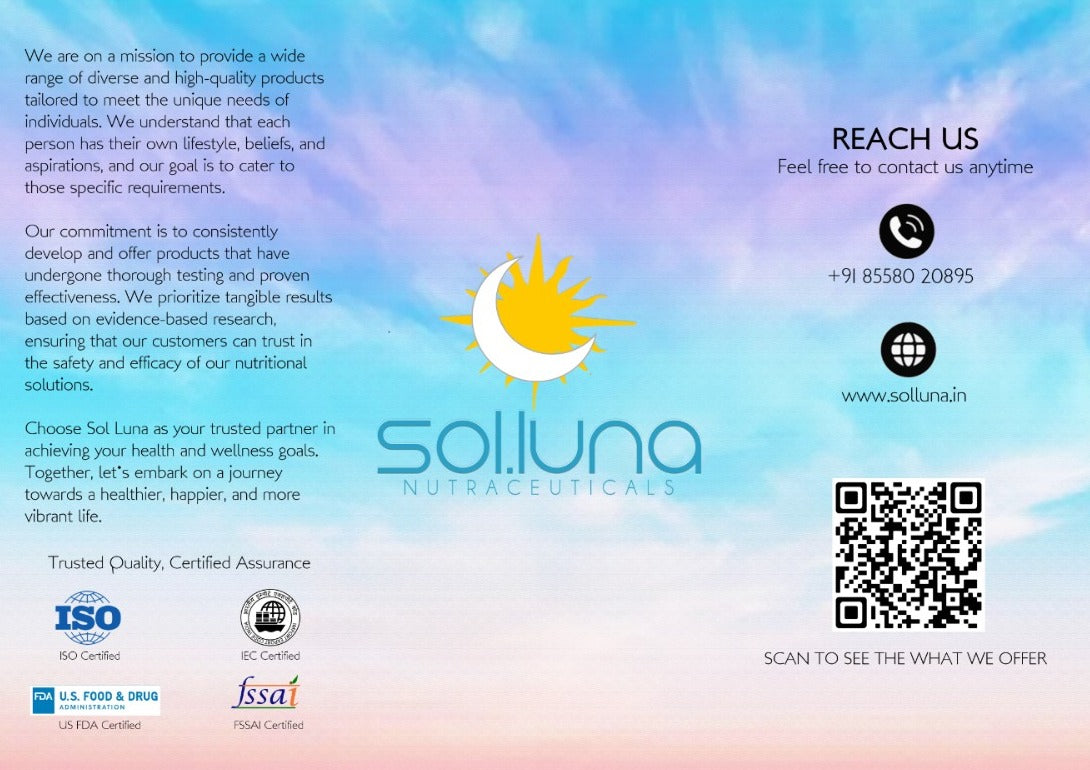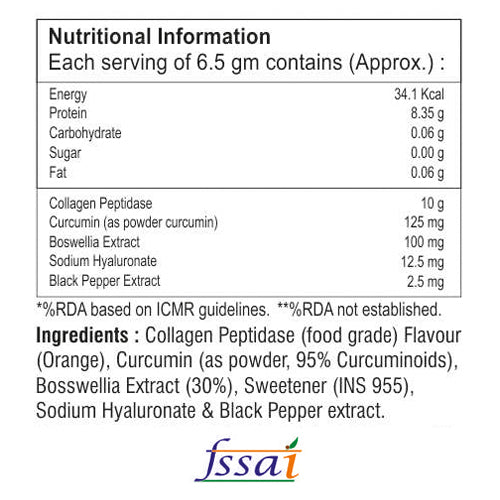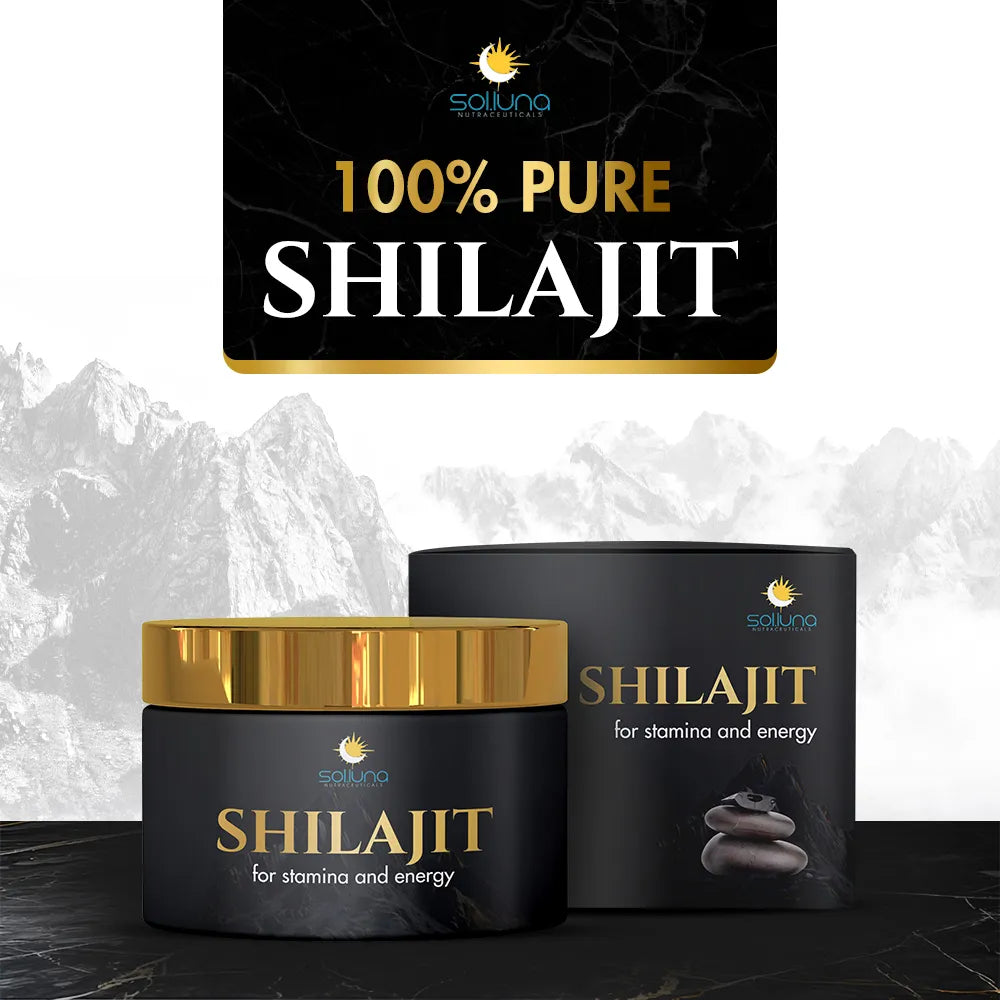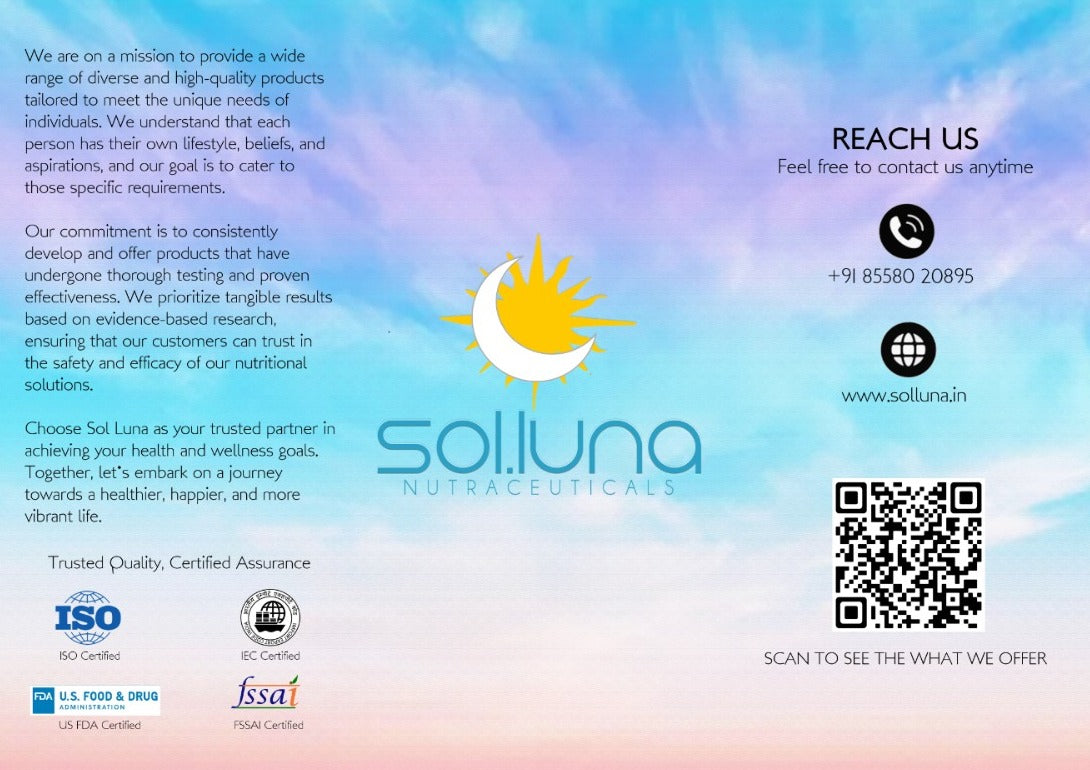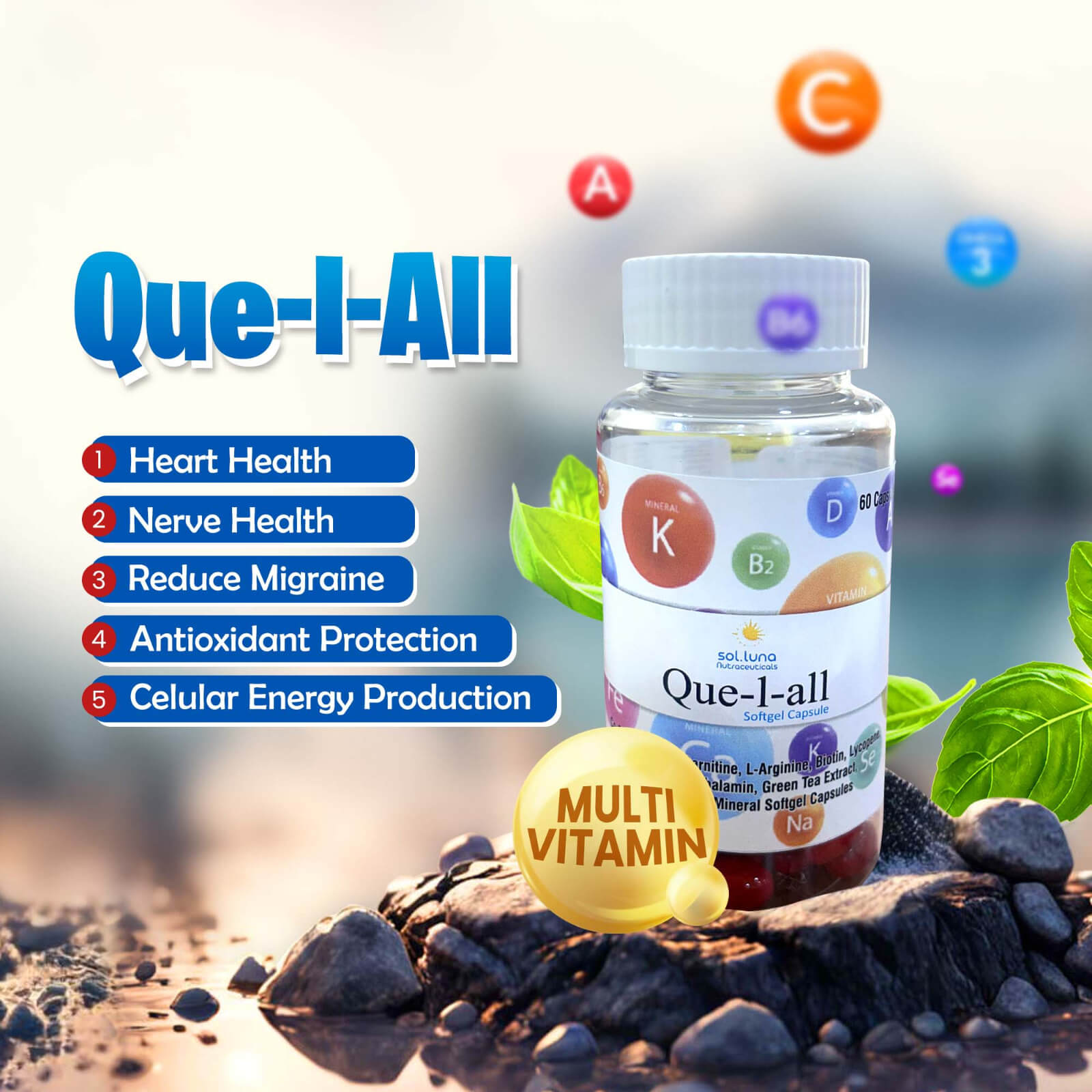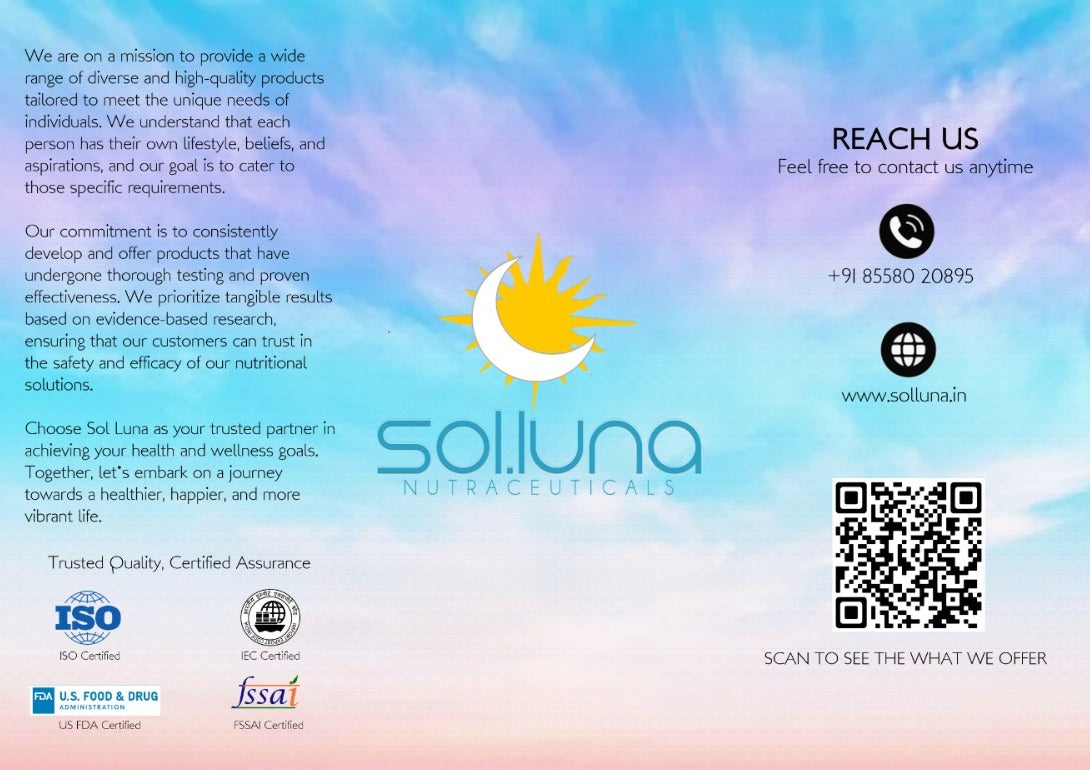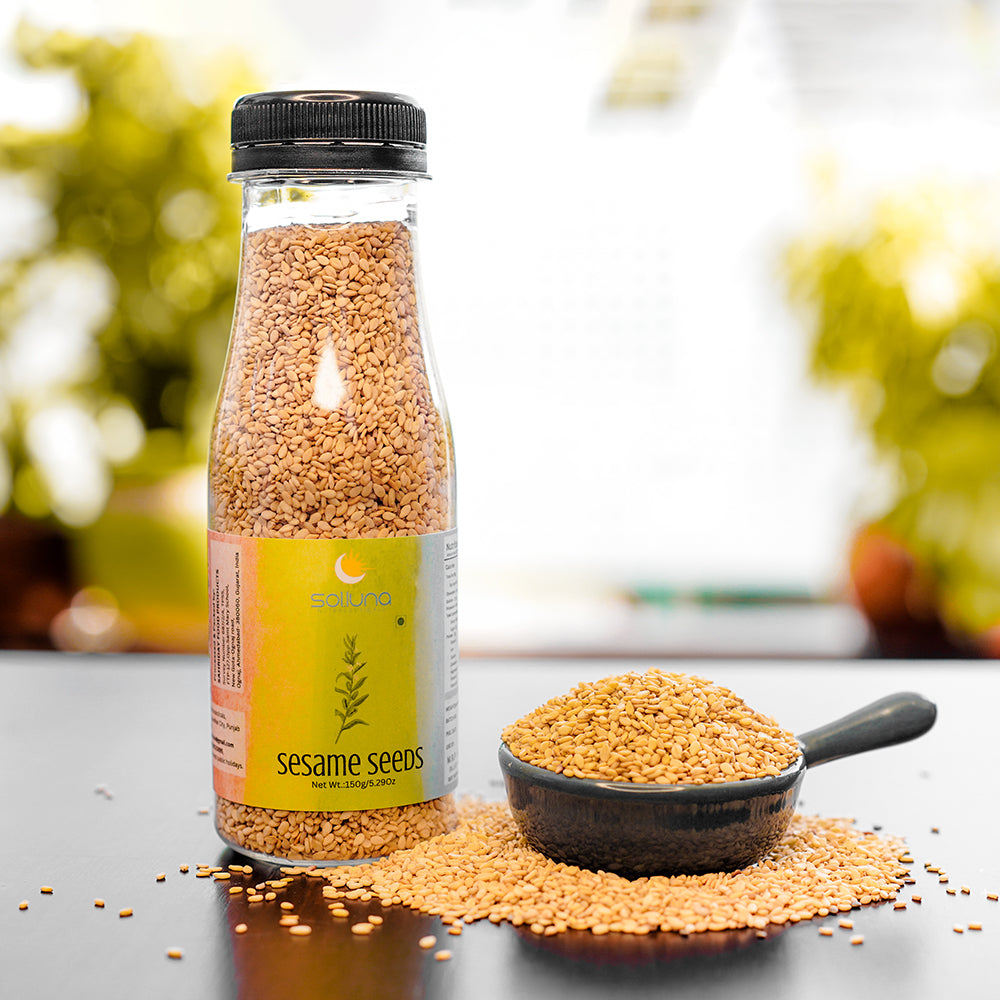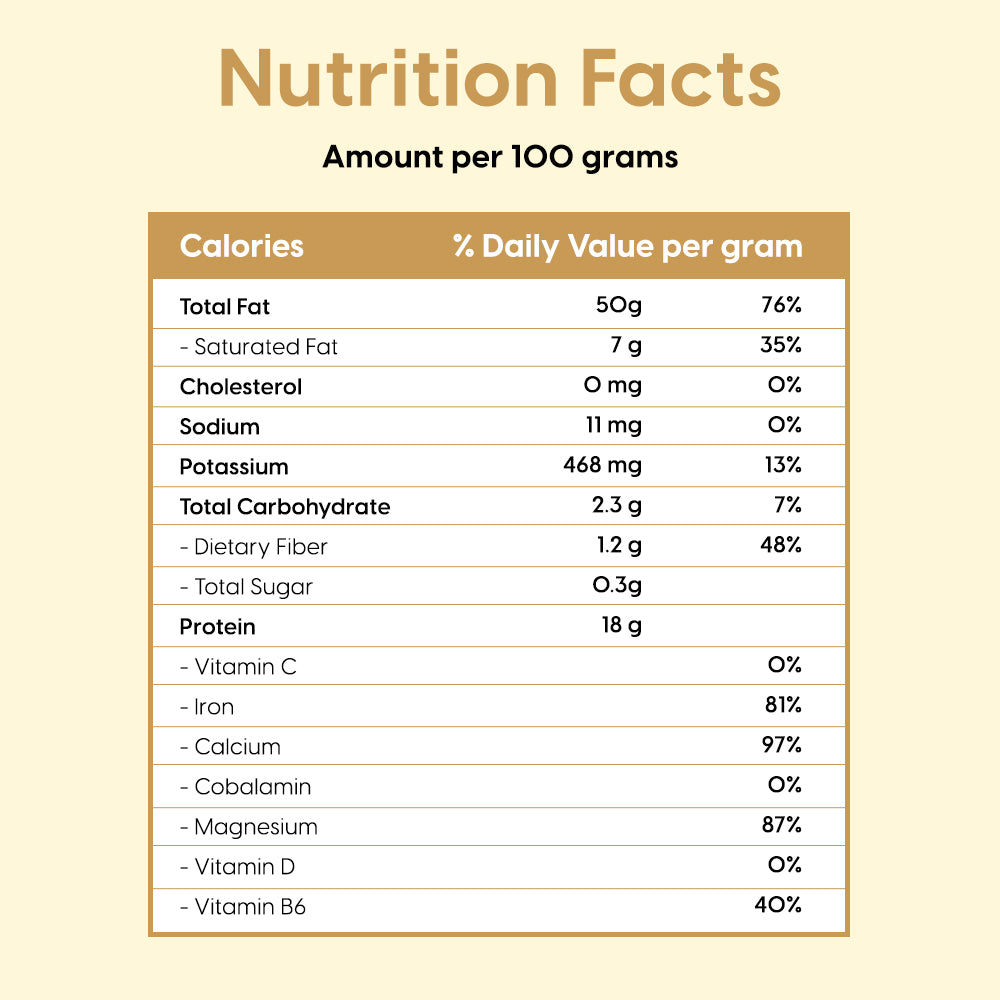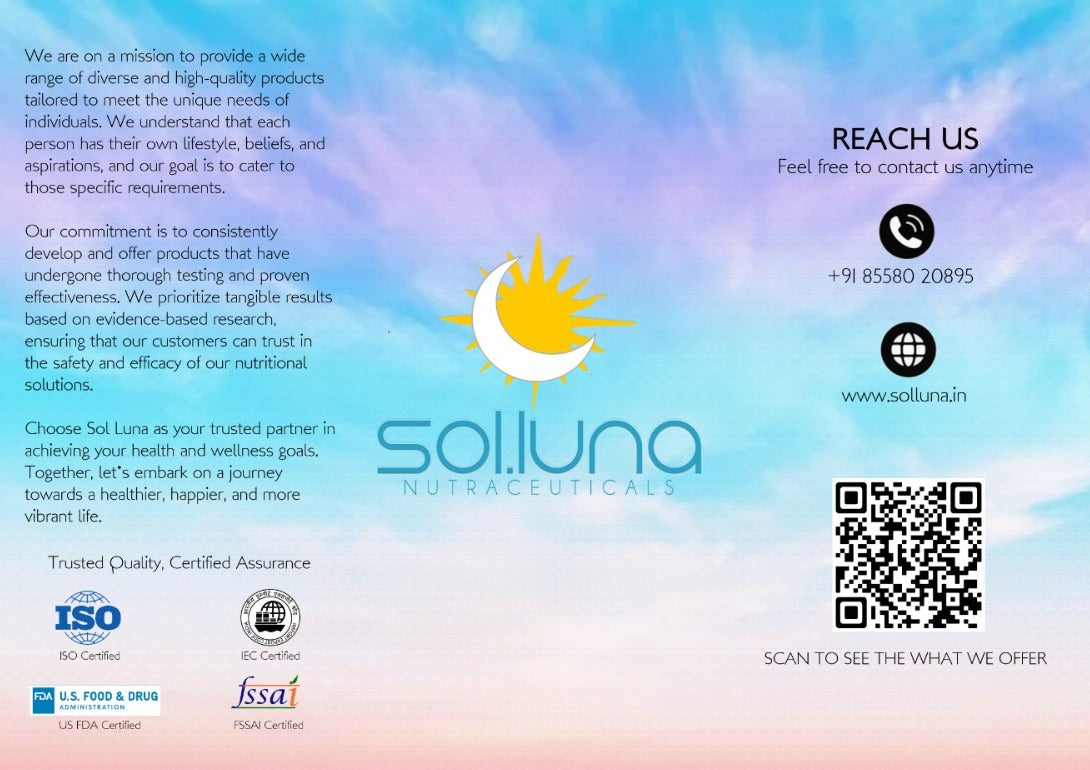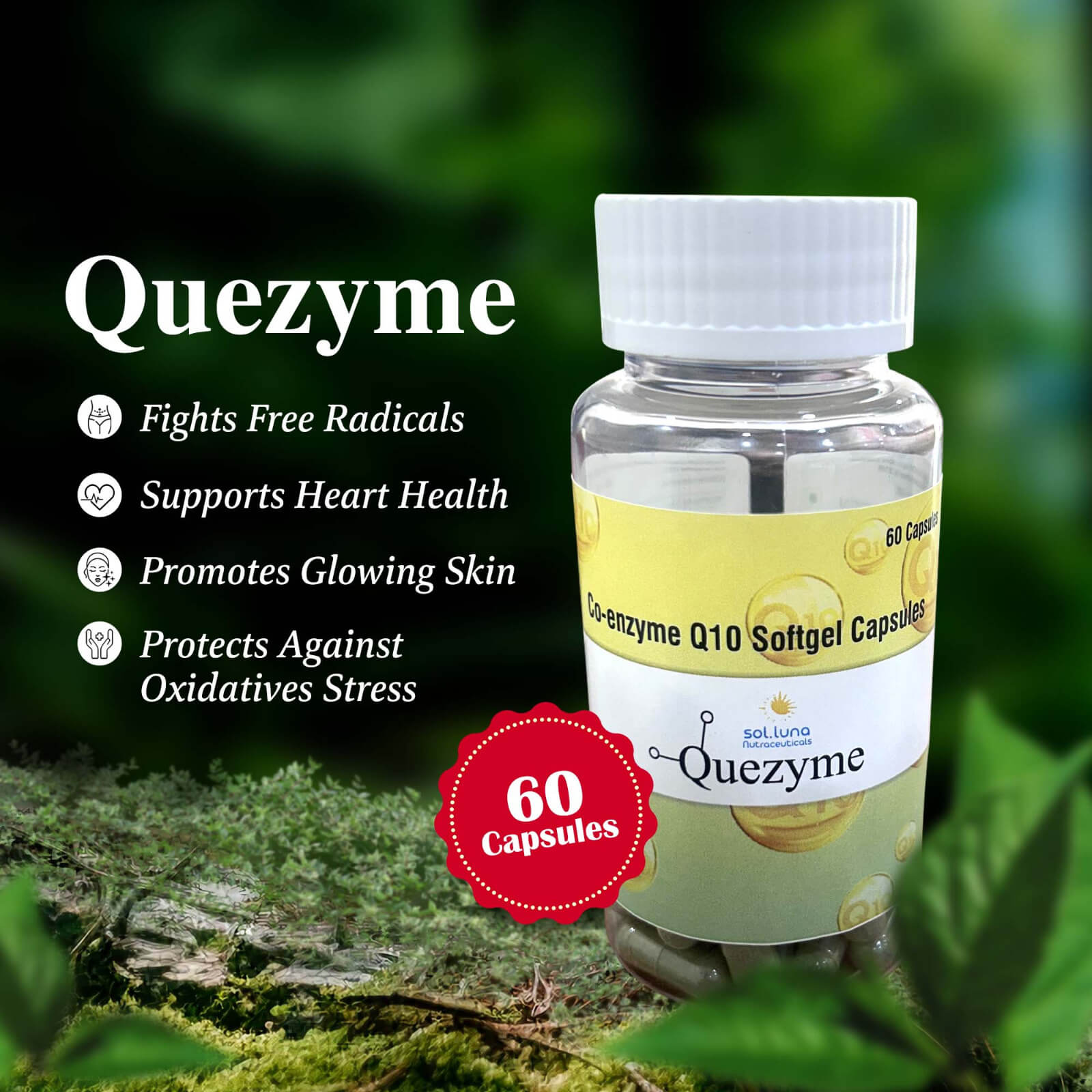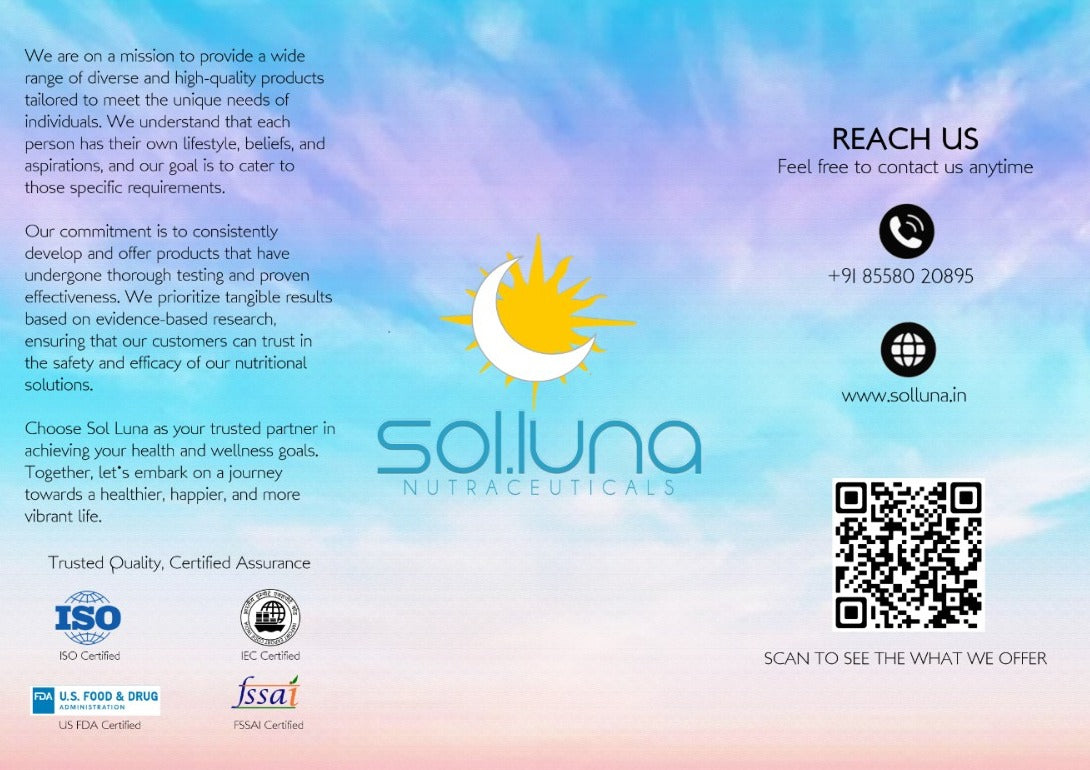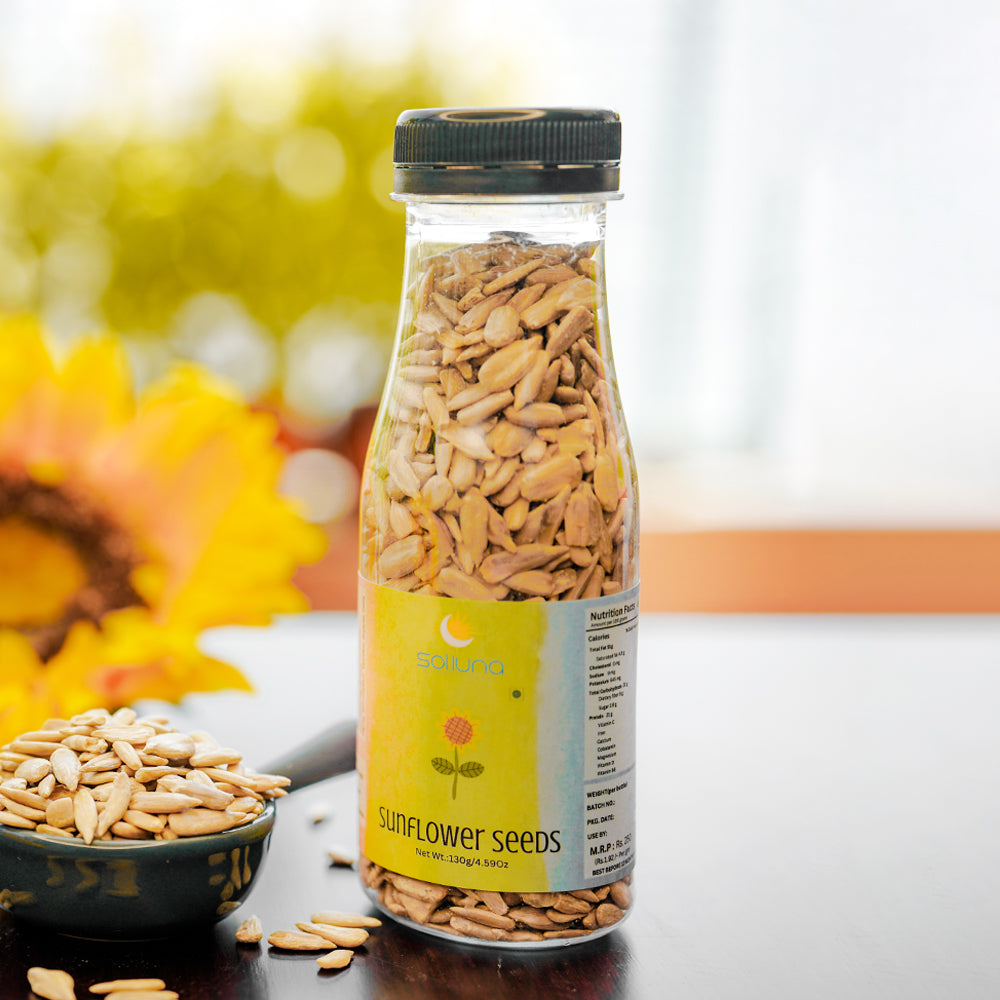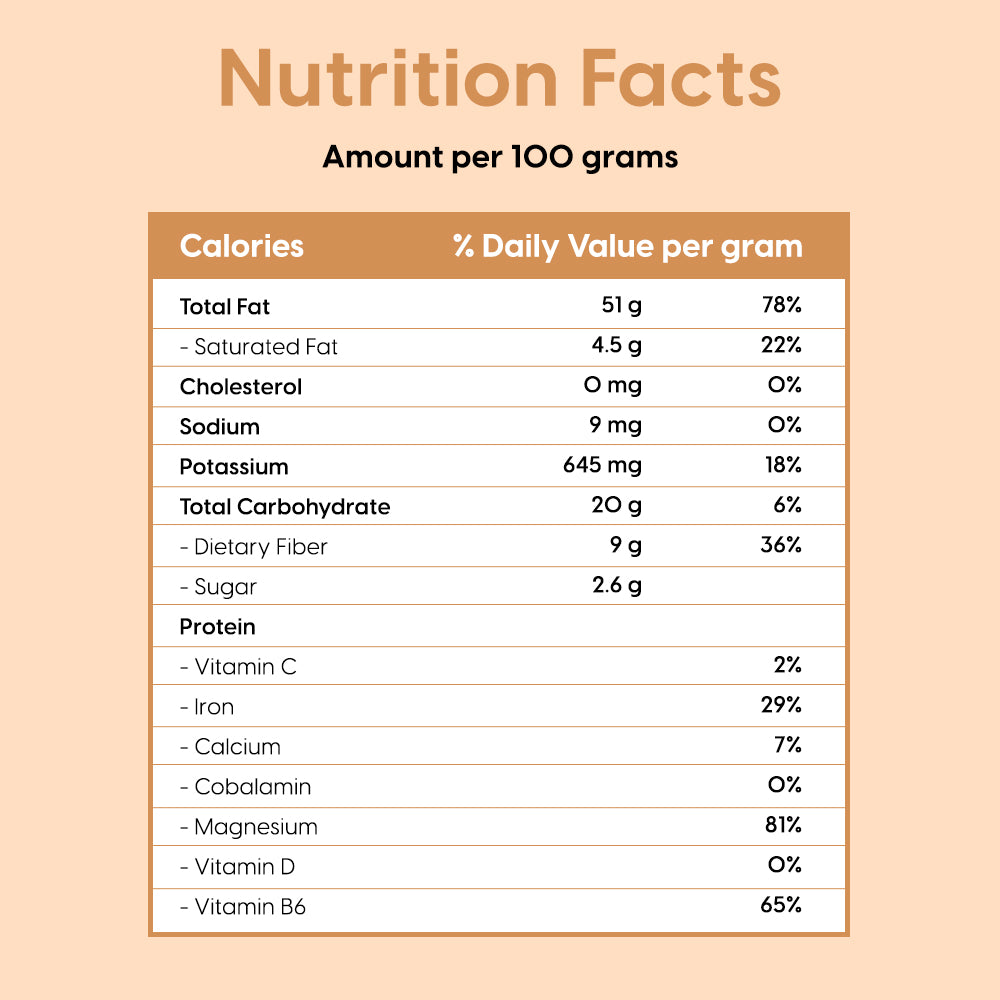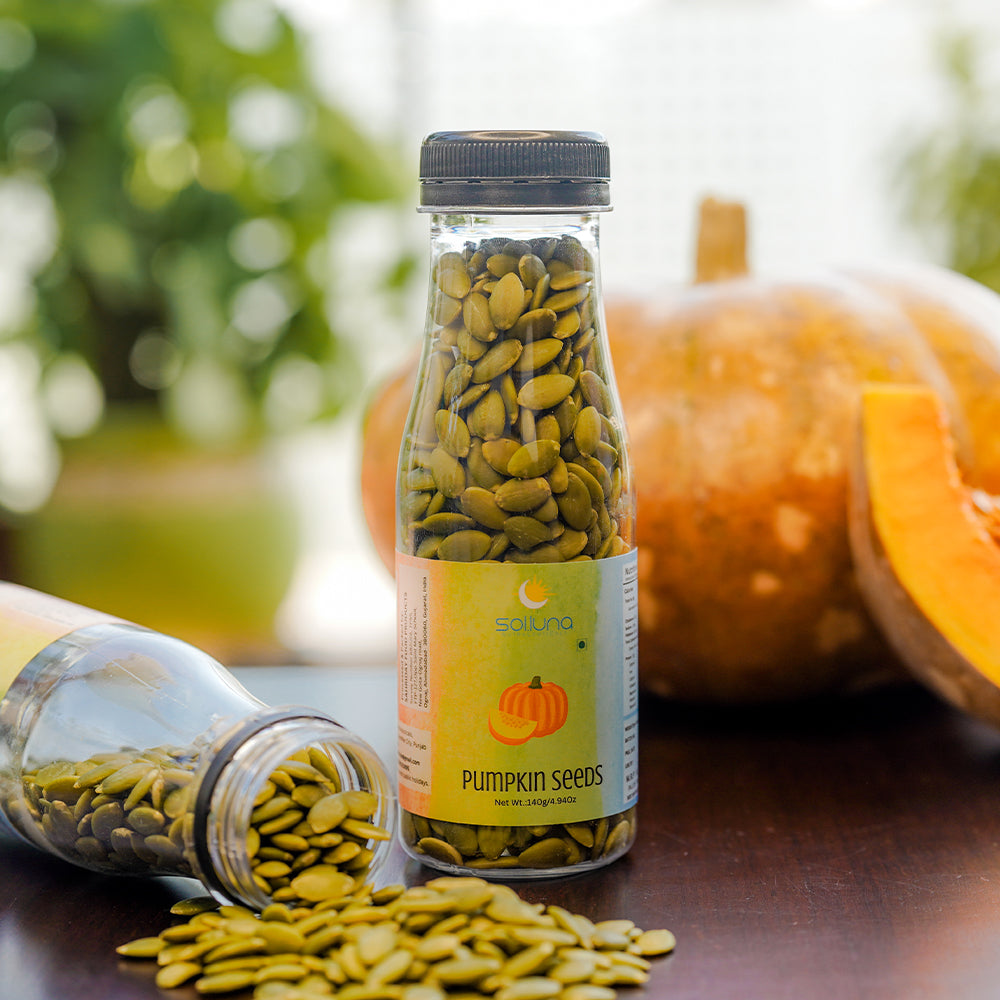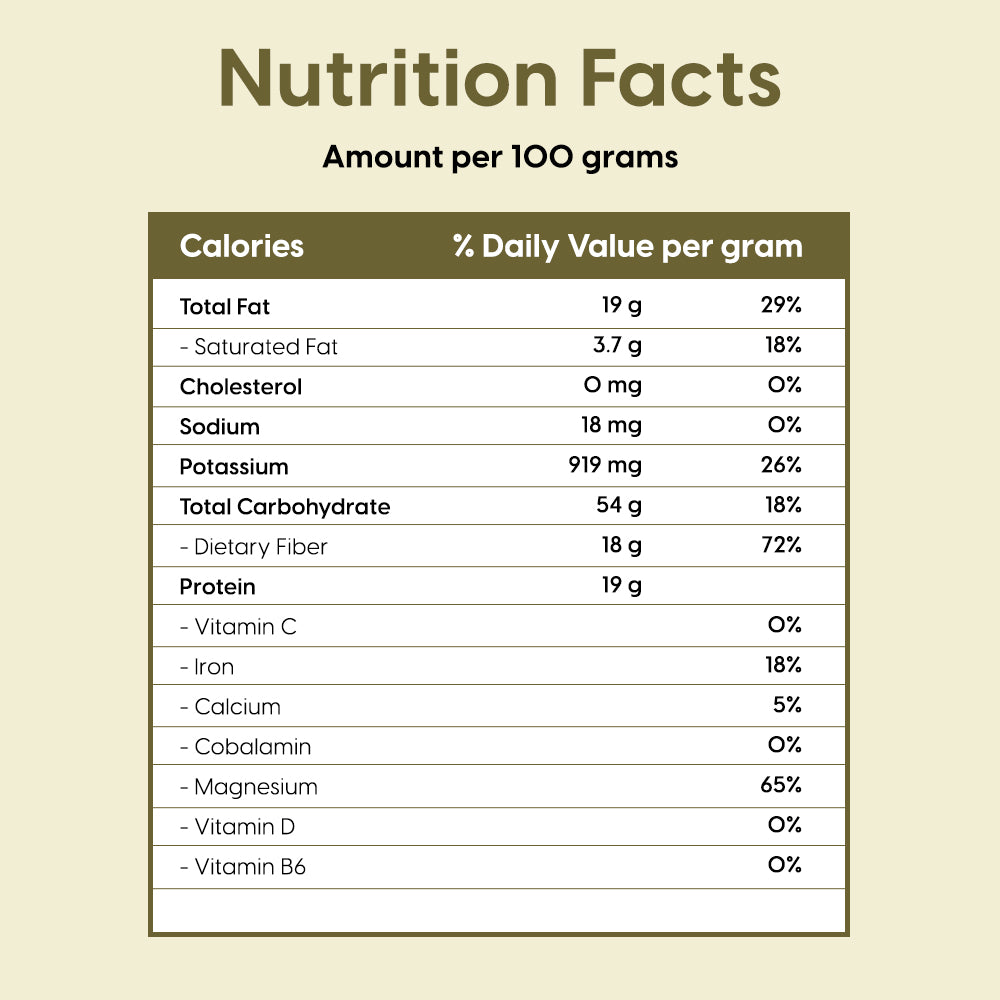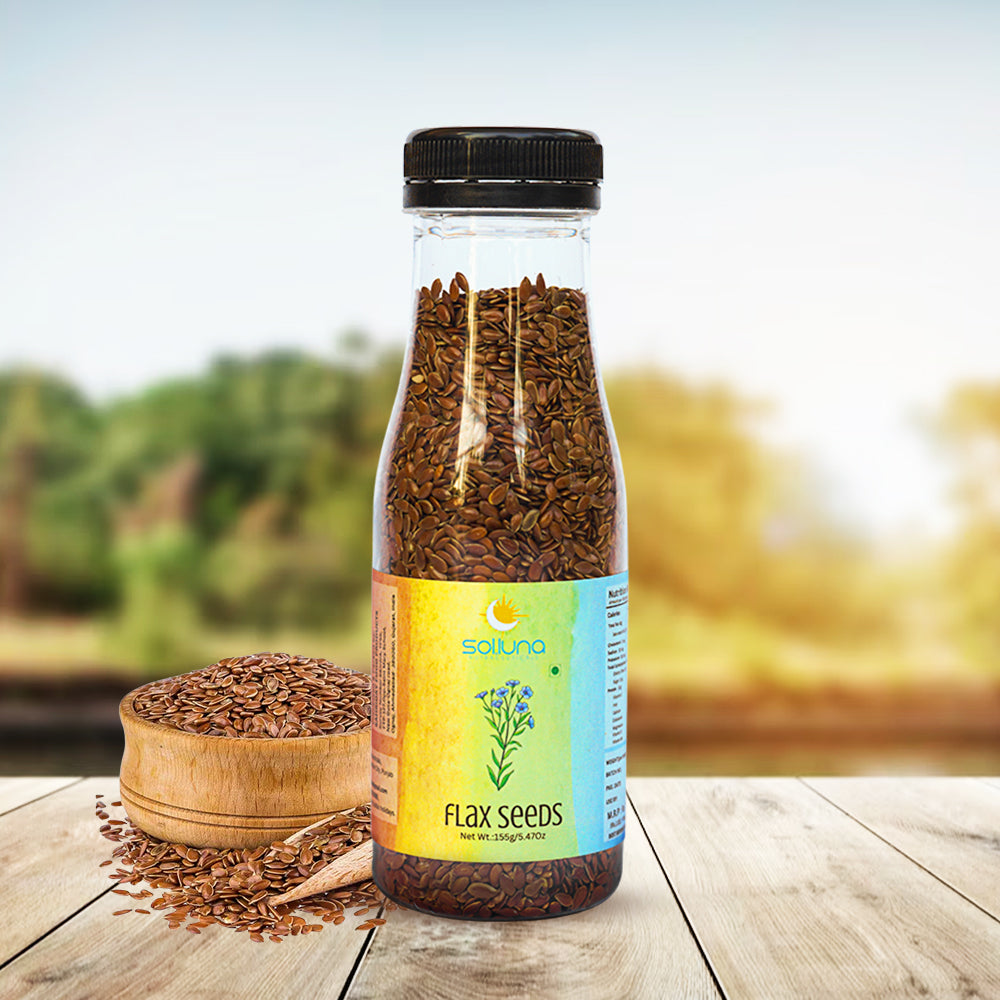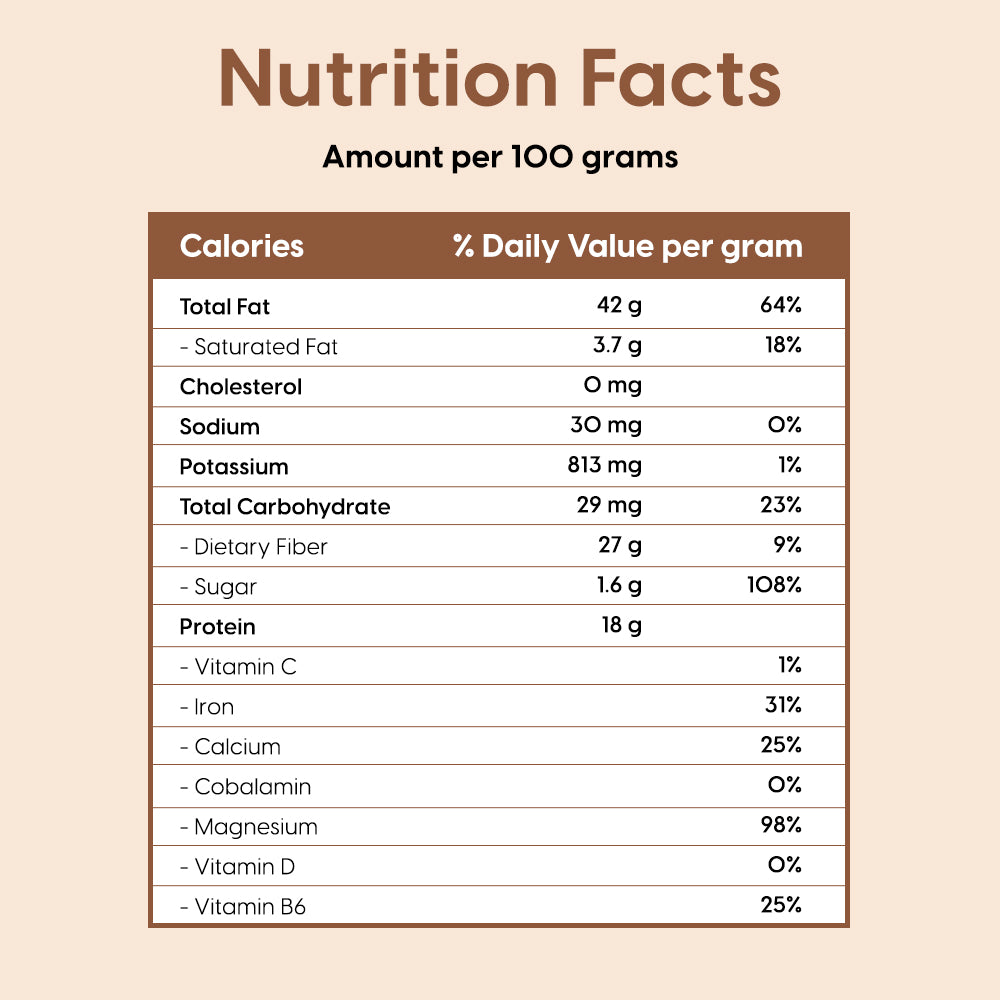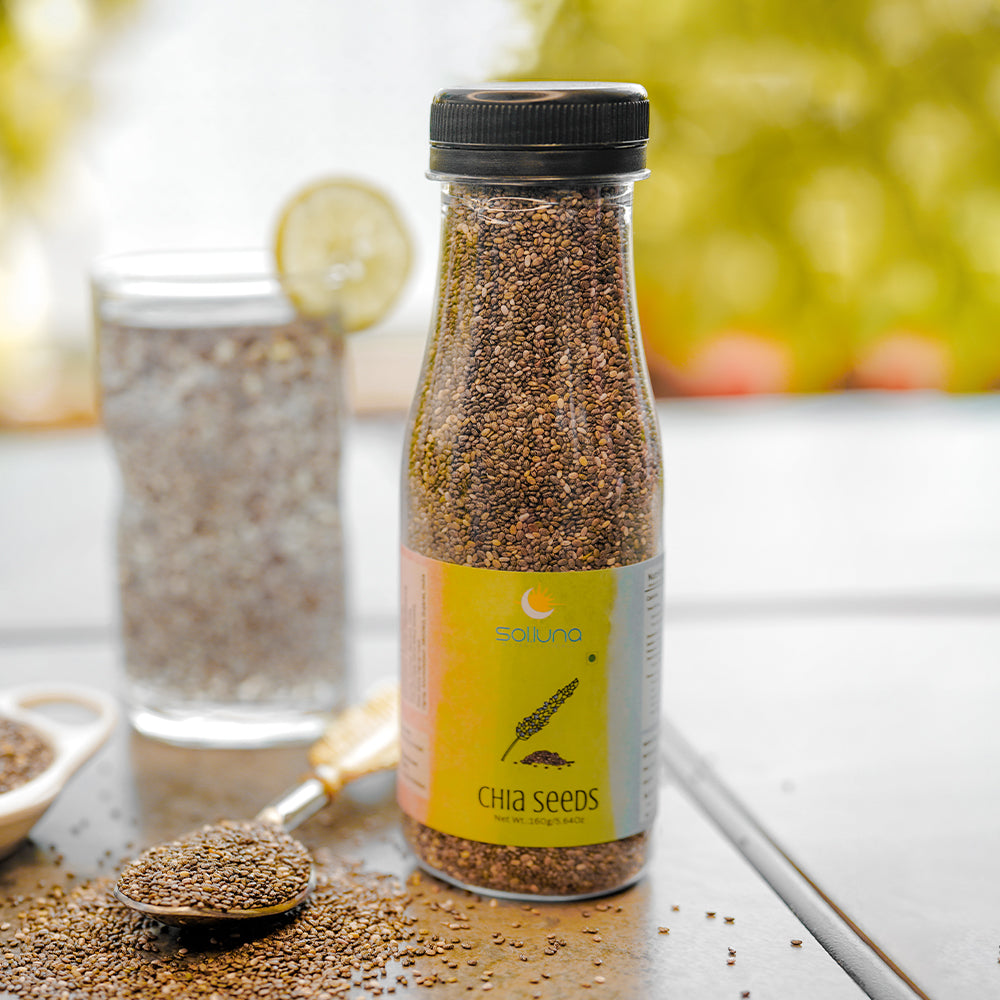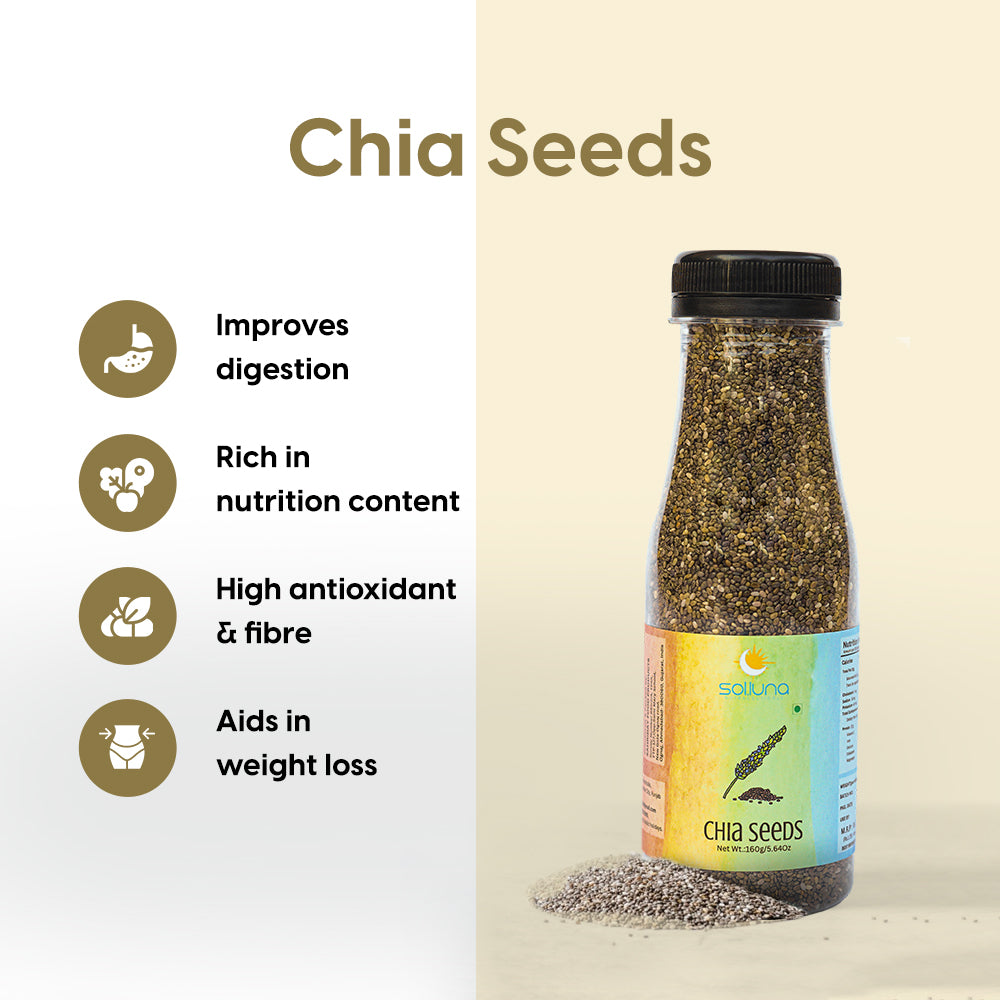
Unlocking the Secrets of Biotin

Unlocking the Secrets of Biotin: Your Guide to Understanding, Detecting Deficiency, and Nourishing Your Body
In the world of essential nutrients, biotin often plays a quiet but crucial role. Also known as vitamin H, biotin is a water-soluble B-vitamin that’s responsible for promoting healthy skin, hair, and nails, as well as supporting various metabolic functions within the body. Despite its relatively low profile compared to some other vitamins, its significance should not be underestimated.
What is Biotin and Why is it Important?
Biotin is an essential coenzyme in the body that helps convert food into energy by supporting various enzymes involved in breaking down carbohydrates, fats, and proteins. This process is vital for maintaining a steady supply of energy for bodily functions and activities. In addition to its role in metabolism, biotin is known for its contribution to maintaining healthy skin, hair, and nails. It aids in the production of keratin, a protein that forms the structural basis of these external features. This is why biotin is often associated with promoting vibrant hair, strong nails, and a glowing complexion.
Detecting Biotin Deficiency: Signs and Symptoms
While biotin deficiency is rare, its impact can be noticeable and distressing. Several typical indicators of a lack of biotin comprise:
-
Hair and Skin Issues: Thinning hair, brittle hair, and even hair loss are often linked
to biotin deficiency. Similarly, skin problems such as dryness, rashes, and acne-like
eruptions can also occur. -
Brittle Nails: Biotin deficiency can lead to weakened nails that are prone to
splitting and breaking. -
Neurological Symptoms: Although less common, deficiency can also cause
neurological symptoms like depression, lethargy, and numbness or tingling in the
extremities.
Biotin-Rich Foods: Nourishing Your Body Naturally
One of the best ways to ensure you’re getting an adequate amount of biotin is through your
diet. Here are some biotin-rich foods to include in your meals:
-
Eggs: The yolk of an egg ranks among the most abundant biotin sources. Incorporating eggs into
your diet can contribute significantly to your biotin intake. - Nuts and Seeds: Almonds, walnuts, sunflower seeds, and peanuts are packed with significant biotin levels.
-
Sweet Potatoes: These are not only rich in biotin but also offer a host of other
valuable nutrients. -
Salmon and Other Fatty Fish: Fatty fish like salmon, mackerel, and trout not only
provide biotin but also offer heart-healthy omega-3 fatty acids. - Dairy Products: Cheese, milk, and yogurt are good sources of biotin. Especially Greek yogurt stands out as an excellent option.
Biotin Supplements: Should You Consider Them?
For most people with a balanced diet, biotin deficiency is unlikely. However, certain groups, such as pregnant women and individuals with certain genetic conditions, might benefit from biotin supplementation. Additionally, if you’re experiencing hair or nail issues that could be related to a deficiency, consulting a healthcare professional before starting any supplements is recommended.
Conclusion
Biotin may be a humble nutrient, but its impact on our overall well-being cannot be denied. From powering our metabolism to enhancing our external features, it plays a multifaceted role in our health. By being mindful of your diet and recognizing the signs of deficiency, you can ensure that your body receives the biotin it needs to function optimally. As always, before making any significant changes to your diet or considering supplements, consulting with a healthcare professional is the best way to make informed choices for your individual needs.
Tags :
Biotin Supplements

